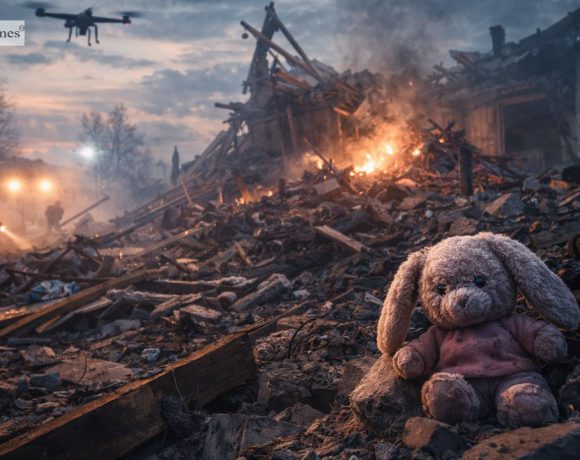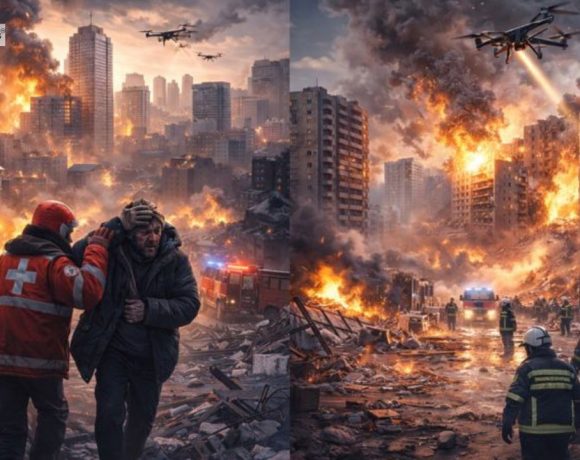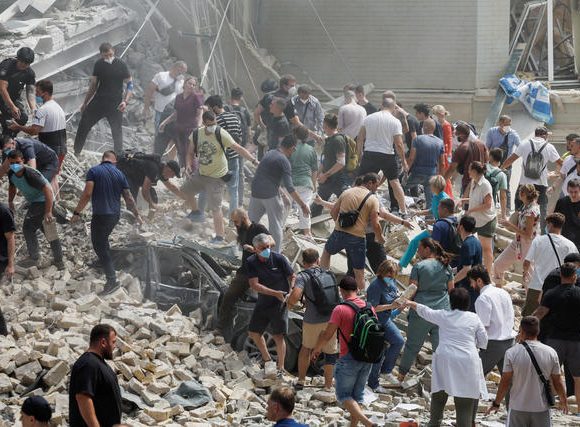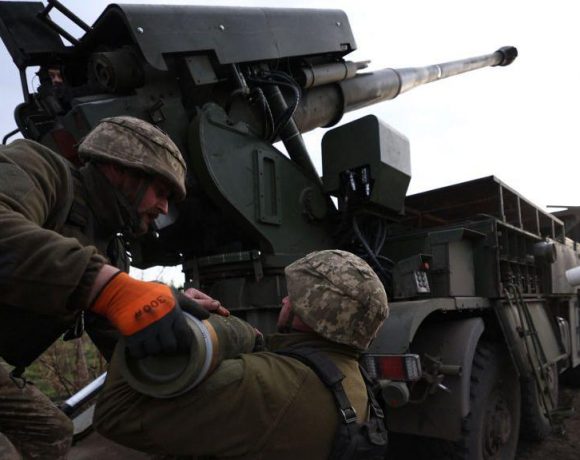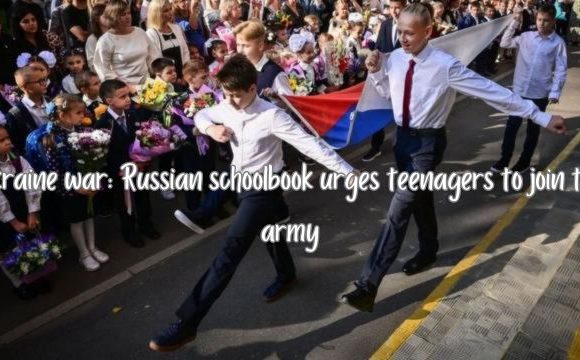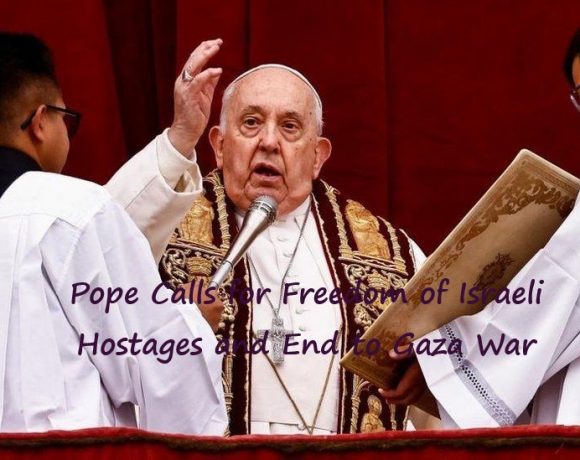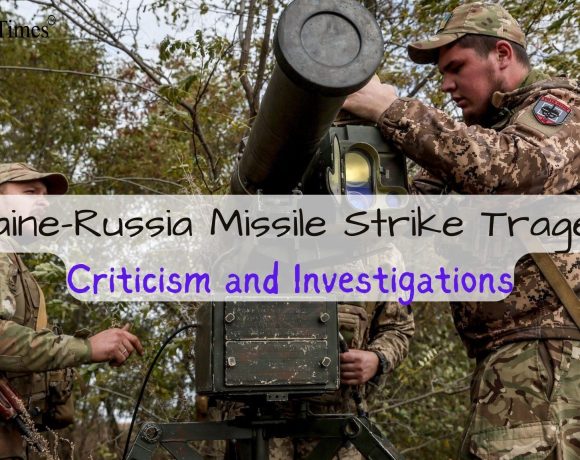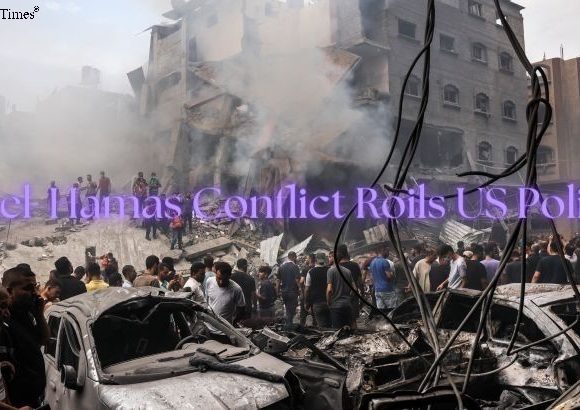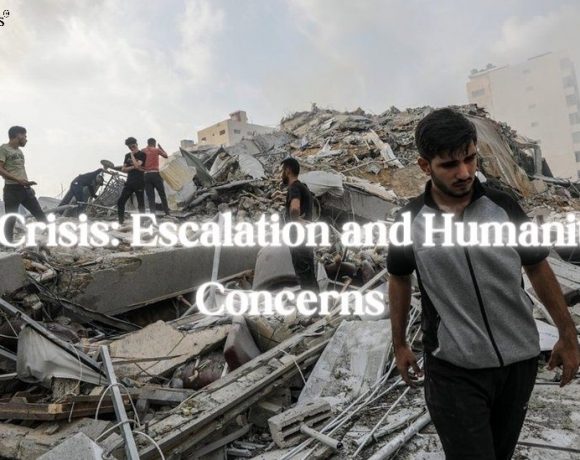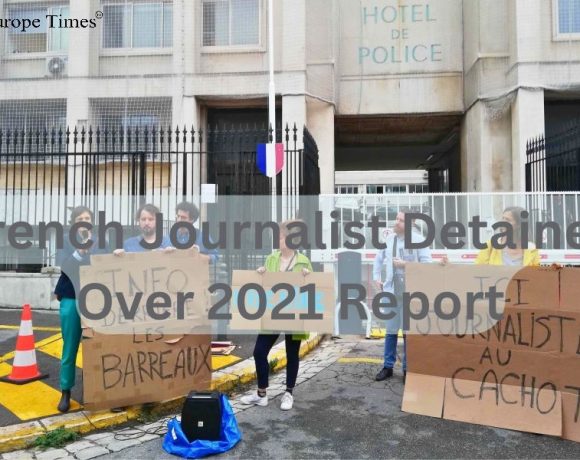A children’s hospital in Kyiv has been severely damaged by Russian strikes, resulting in 33 fatalities across Ukraine in an early morning attack. In Kyiv alone, 19 people were killed, including two at Ohmatdyt Children’s Hospital, Ukraine’s largest pediatric facility, which suffered extensive damage. Kryvyi Rih saw at least 10 deaths, three people were killed in Pokrovsk, and one in Dnipro. Ukrainian President Volodymyr Zelensky, currently in Poland signing a security pact, has vowed retaliation.
President Zelensky detailed on social media that multiple cities, including Kyiv, Dnipro, Kryvyi Rih, Sloviansk, and Kramatorsk, were hit by over 40 missiles, damaging residential buildings, infrastructure, and the children’s hospital. Dr. Lesia Lysytsia from Ohmatdyt described the missile strike as resembling a scene from a film, with a bright light followed by a deafening sound, resulting in 60-70% of the hospital being damaged. Images showed children with IV drips being evacuated. The hospital, which provides cancer treatments and organ transplants, is currently evacuating patients, though many on ventilators cannot be moved easily.
Hospital officials reported to Ukrainian TV that around 20 children were being treated in the ward that was hit. A subsequent explosion nearby forced hundreds to seek shelter in an underpass. President Zelensky mentioned on social media that people were trapped under the hospital rubble, with doctors and civilians assisting in the rescue efforts.
Kyiv Mayor Vitaliy Klitschko described the bombardment as one of the worst attacks on the capital since the war began. Ukraine’s State Emergency Service revealed that a separate maternity unit in Kyiv was also partly destroyed, killing four and injuring three. Ukrainian tennis player Elina Svitolina will wear a black ribbon at her Wimbledon match to honor the victims.
In Kryvyi Rih, the attack killed at least 10 and wounded 31, with 10 in serious condition, according to military administration head Oleksandr Vilkul. Kryvyi Rih, Zelensky’s hometown, has faced repeated attacks since Russia’s full-scale invasion in February 2022. Dnipro regional head Sergiy Lysak reported one death and six injuries in Dnipro, with a high-rise building and a business hit. Pokrovsk in the Donetsk region saw three deaths amid recent Russian advances.
The bombardment coincides with Indian Prime Minister Narendra Modi’s state visit to Moscow, where he is set to meet President Vladimir Putin. Russia claimed the strikes targeted military facilities, not civilian infrastructure. Ukrainian Defence Minister Rustem Umerov called for increased air defense support from allies, citing insufficient current capabilities. The UN’s human rights mission in Ukraine noted a rise in civilian casualties, with May being the deadliest month in almost a year due to renewed Russian air attacks.
Picture Courtesy: Google/images are subject to copyright
